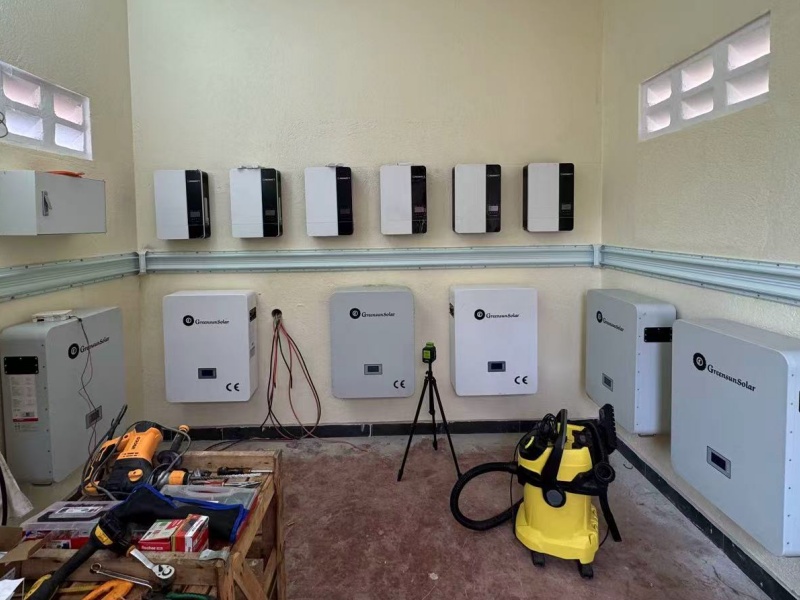Lithium batteries for energy storage (or lithium battery energy storage systems, or ESS) are widely used in many applications, especially in renewable energy, smart grids, home energy storage and other fields. Its benefits are mainly reflected in the following aspects:
1. High energy density
The energy density of lithium batteries is much higher than that of traditional Lead-acid batteries, which means that it can store more electrical energy in the same volume or weight. This makes lithium batteries very suitable for applications that require long-term stable energy storage (such as electric vehicles or home energy storage).
2. Long life
Lithium batteries have a longer service life than lead-acid batteries. The cycle life of lithium batteries is usually between 2000 and 8000 charge and discharge cycles, while lead-acid batteries only have a life of a few hundred charge and discharge cycles. Therefore, long-term use of lithium batteries can reduce the cost and trouble of frequent battery replacement.
3. Fast charging speed
Lithium batteries have a fast charging speed and high charging efficiency, and can usually be fully charged in a short time. This is particularly important for energy systems that require fast response, such as some fast-start energy storage applications or electric vehicles.
4. Environmentally friendly
Lithium batteries are more environmentally friendly than lead-acid batteries. The main raw materials of lithium batteries (such as lithium, cobalt, nickel, etc.) are easier to recycle, and do not contain harmful substances (such as lead, acid, etc.), which pollutes the environment less.
5. Higher efficiency
The charging and discharging efficiency of lithium batteries is usually above 90%, which is much higher than the efficiency of traditional batteries, which means that there is almost no waste of electrical energy during storage and release, and the utilization rate is higher.
6. Light weight and small size
Lithium batteries are relatively small in size and weight, so they are suitable for applications that require limited space and are weight-sensitive. For example, mobile devices, portable energy storage devices, electric vehicles and other fields.
7. Wide temperature range
Lithium batteries can maintain good performance over a wide temperature range. Although extreme high or low temperatures will affect the performance of the battery, in general, it performs better in environmental adaptability than some traditional batteries.
8. Can be combined with renewable energy systems
Energy storage lithium batteries can be seamlessly combined with renewable energy systems such as solar energy and wind energy, storing excess energy and releasing it during peak demand periods, reducing dependence on traditional electricity, and helping to achieve sustainable energy utilization.

9. Intelligent management and optimization
Modern energy storage lithium battery systems are usually equipped with intelligent battery management systems (BMS), which can accurately monitor the battery's power, health status, temperature and other information, optimize the charging and discharging process, and ensure the safety and efficiency of the battery.
10. Support distributed energy storage
Lithium batteries can be flexibly used in various devices and are also suitable for distributed energy storage systems. Users can install multiple energy storage units as needed without having to rely on large central power stations, which enhances the flexibility and scalability of the system.
Summary
Energy storage lithium batteries have become the mainstream choice in modern energy storage solutions due to their high efficiency, environmental protection, long life, and fast charging. They have great application potential in the fields of smart grids, home energy storage, and renewable energy integration.